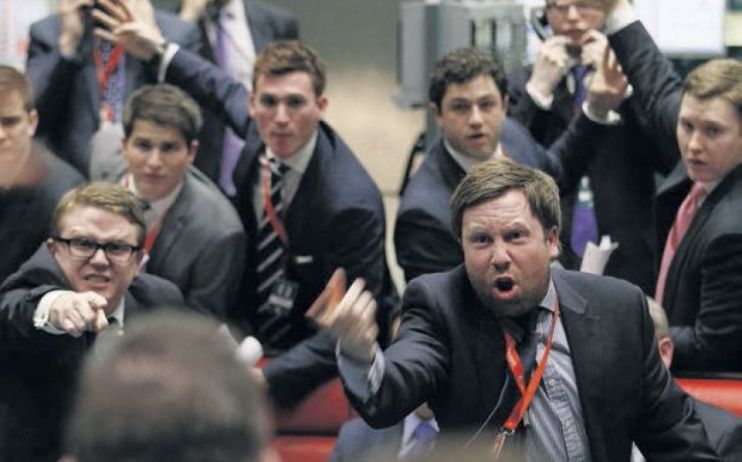London Metal Exchange faces FCA ‘enforcement’ investigation after £3.3bn nickel crisis

The world’s oldest metals trader is under more pressure from regulators, after the Financial Conduct Authority (FCA) announced plans to begin an “enforcement” investigation into the London Metal Exchange’s during last year’s nickel crisis.
In a statement, the FCA confirmed it has “opened an enforcement investigation into some of the LME’s conduct and systems and controls in place” between the start of last year and March 8, when the exchange suspended nickel trading.
The watchdog first announced a review into the LME last year, after it chose to cancel £3.3bn ($4bn) worth of trades and shut down the nickel market for over a week last March.
This followed a historic price surge which drove the metal to trading above $100,000 per tonne – an all-time high – which the LME argued no longer reflected the metal’s underlying market value.
The spike in nickel prices was fuelled by a failed short bet from Tsingshan – the world’s largest stainless steel producer – which was overpowered by fears of sanctions on mega producer Russia following the invasion of Ukraine.
Separately, the Bank of England has confirmed plans to name an independent monitor for the LME – following its own review of LME Clear, the exchange’s clearing house.
The review revealed “several shortcomings across LME Clear’s governance, management and risk management capabilities”.
It said: “LME Clear will need to strengthen its governance arrangements, increase independence in management and governance at the CCP, and improve on its wider risk management.”
The monitor will report back to the BoE to ensure LME is carrying out improvements to its governance processes.
LME set to reopen nickel in Asian trading hours
Following the nickel crisis, the market reopened weeks later but only outside of Asian trading hours.
For the past 11 months, markets have opened at 8am rather than 1am GMT in line with other metals.
LME is finally set to resume nickel trading during Asian hours on March 20 in a bid to boost trading liquidity.
So far, it has not contested the findings from the FCA and BoE reviews.
LME chief executive Matthew Chamberlain said: “The LME welcomes the FCA’s constructive engagement and comments on the steps taken by the LME since the suspension.
Commenting on the upcoming enforcement investigation, he added: “The LME will cooperate fully with this process and will continue to take the appropriate steps to ensure the long-term health, efficiency and resilience of its market. “
Chamberlain also recognised that the BoE expects LME Clear to “strengthen its governance arrangements, increase independence in management and governance” and improve its “wider risk management capabilities.”
LME is also expected to implement recommendations from the independent Oliver Wyman review published earlier this year.
The consultancy group has urged LME to bring in risk and control functions to prevent market distortions, to upgrade volatility controls, and spend more time monitoring risks in the market.
The next challenge facing the LME could come from Elliot Capital Management and Jane Street – which are both suing the exchange for damages following the crisis.
They will argue the LME favoured certain market participants over others, breached its own policies, and violated the property rights guaranteed to them under the European Convention of Human Rights.